1. The Twilight Zone’s “The Monsters Are Due on Maple Street”
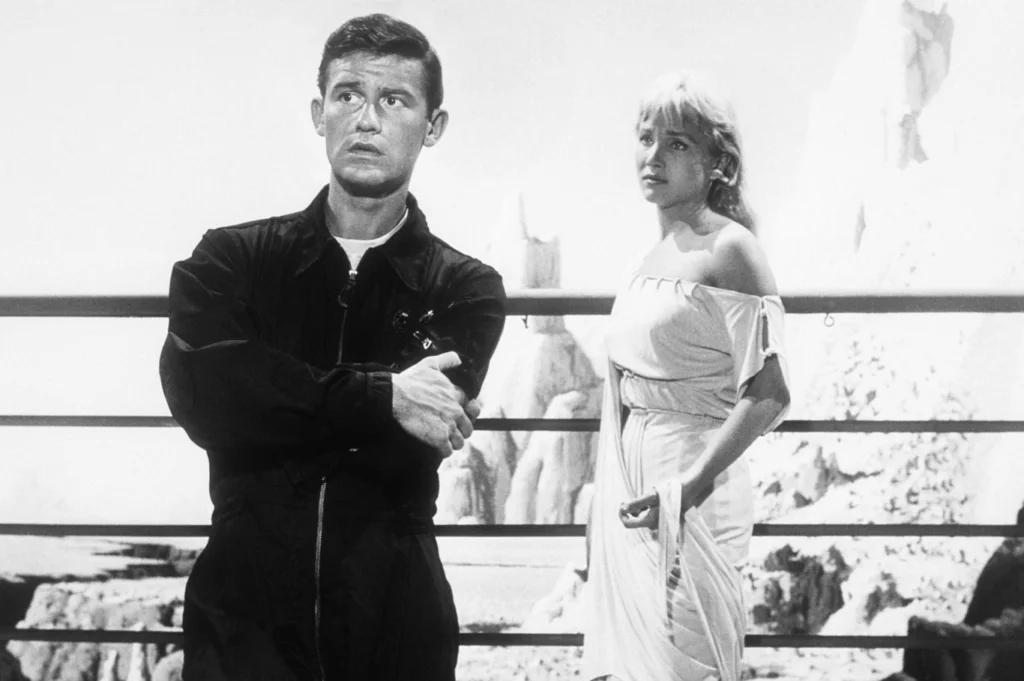
Rod Serling’s The Twilight Zone delivered some of the most thought-provoking episodes in TV history, but none quite like “The Monsters Are Due on Maple Street.” This episode, which first aired in 1960, explored the power of paranoia and the dangers of mass hysteria. As the residents of Maple Street begin to turn on one another, convinced that aliens are among them, the episode delves into the darker side of human nature.
Decades later, its themes of fear and suspicion still resonate. It’s a powerful commentary on how easily communities can fracture under pressure, and it remains one of the most memorable and talked-about episodes of the series.
2. The Beatles on The Ed Sullivan Show
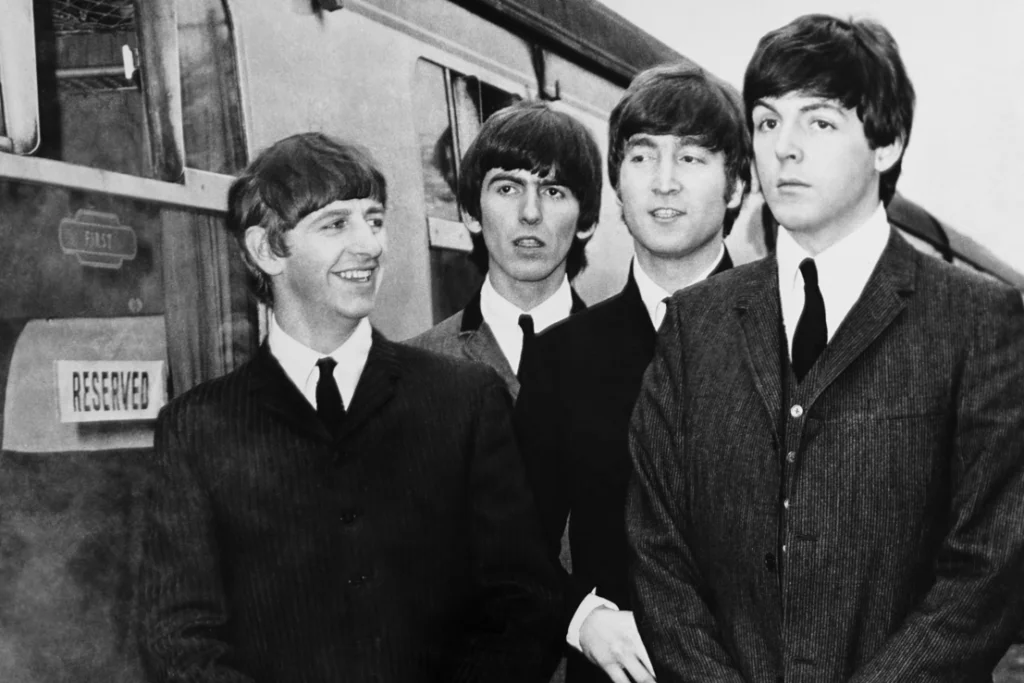
When The Beatles appeared on The Ed Sullivan Show in 1964, it wasn’t just a performance—it was a cultural milestone. The British band’s debut on American television sent the nation into a frenzy, with millions of fans tuning in to see the Fab Four. Their performance marked the beginning of Beatlemania in the U.S., and it solidified their place in pop culture history.
Even today, people remember where they were when they watched it. The impact of that night is still a topic of conversation, as it not only introduced America to The Beatles but also changed the landscape of pop music forever.
3. The Day the Music Died – The Tragic Death of Buddy Holly
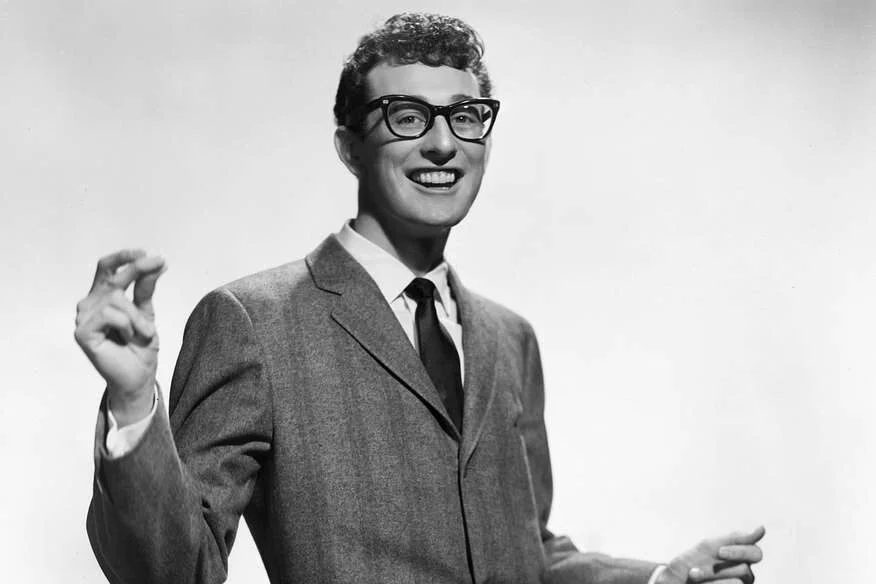
Buddy Holly’s tragic death in a plane crash in 1959 shocked the world, but it became even more poignant after his tribute on The Ed Sullivan Show in 1960. On the show, Sullivan remembered Holly and his legacy, marking a turning point in how the public viewed rock and roll stars. Holly’s passing, dubbed “The Day the Music Died” by Don McLean in his famous song, echoed through the decades.
People still talk about the loss of this rising star, whose impact on rock music is immeasurable. His death is often cited as a pivotal moment in music history and continues to be discussed in documentaries, books, and even songs.
4. The Final Episode of The Fugitive
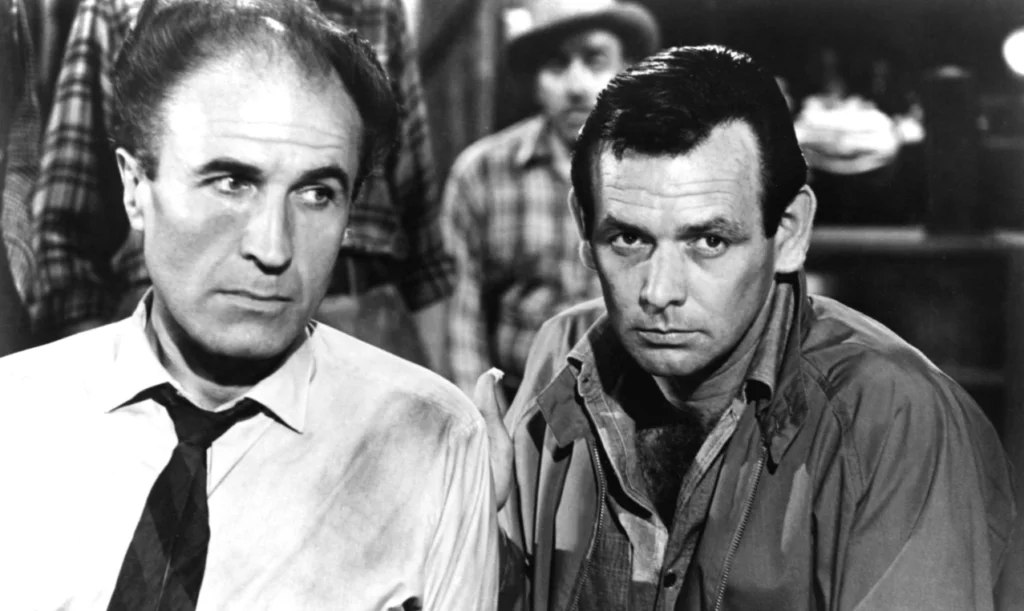
The 1967 finale of The Fugitive was one of the most anticipated TV events of its time. After years of following Dr. Richard Kimble’s (David Janssen) search for his wife’s killer, the show’s audience was finally given closure. In a stunning turn of events, Kimble confronts the real murderer, and justice is served in a way that satisfied fans of the long-running show.
To this day, the ending remains one of TV’s most iconic moments, often referenced in discussions about great TV finales. The suspense, emotional payoff, and dramatic final moments keep it alive in the public consciousness.
5. The Debut of Star Trek in 1966
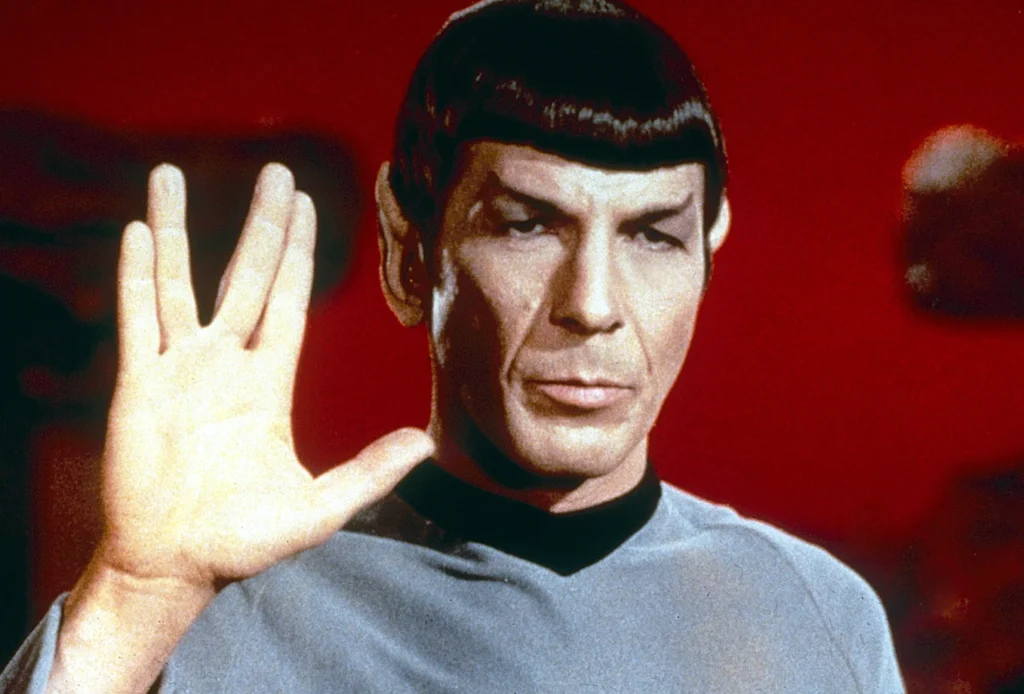
The debut of Star Trek in 1966 was a defining moment in TV history. At first, it wasn’t the success we think of today, but its impact has only grown with time. The show’s exploration of space, social issues, and bold storytelling created a massive cultural phenomenon, with its influence stretching well beyond the ‘60s.
Even though the show only ran for three seasons, Star Trek became a massive part of pop culture. It’s a conversation starter, whether you’re talking about the franchise’s current success or its revolutionary influence on sci-fi TV.
6. I Love Lucy’s Baby Desi Arnaz Jr.
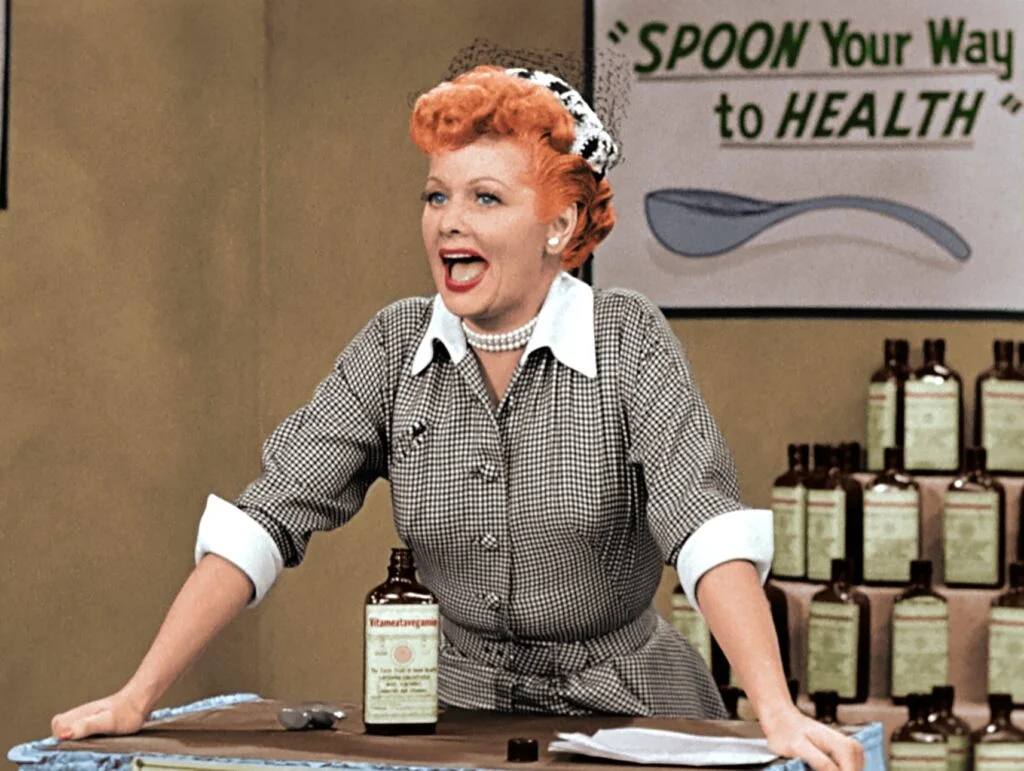
One of the most unforgettable moments in TV history occurred on I Love Lucy when Lucille Ball and Desi Arnaz’s real-life pregnancy was written into the show. When they announced that Lucy was expecting, fans were glued to their screens to see the real-life couple’s joy mirrored in the fictional Lucy Ricardo’s life. In a groundbreaking move, the show even aired Lucy’s actual pregnancy on television.
This was a first for TV, and it sparked debates about the portrayal of pregnancy in media. The birth of their son, Desi Arnaz Jr., became a pivotal moment in television history, and it remains a defining moment for both the show and the couple’s real-life legacy.
7. The Marriage of The Andy Griffith Show’s Andy and Helen
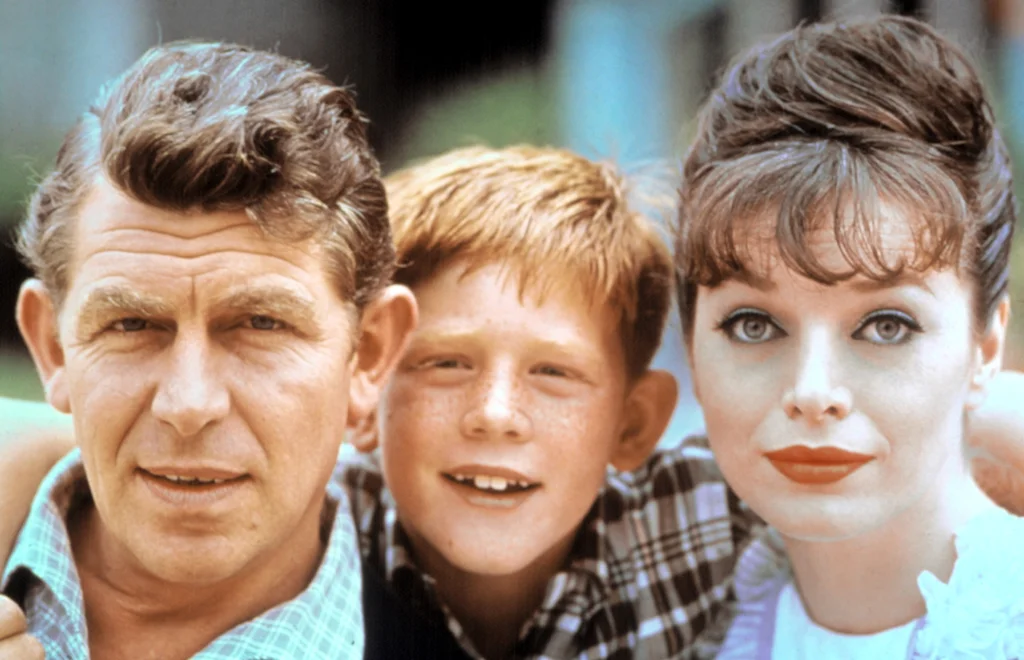
While The Andy Griffith Show was known for its wholesome, small-town charm, one of the most talked-about moments was the long-awaited marriage between Andy Taylor (Andy Griffith) and Helen Crump (Aneta Corsaut). The episode, which aired in 1968, marked a significant milestone in the series. Fans had followed the couple’s on-again, off-again relationship, and their wedding was a moment of pure joy for viewers who had rooted for their love story.
This heartwarming moment was more than just a TV wedding—it symbolized the simplicity and sweetness of the show’s core values. Even today, fans still discuss the episode fondly, reminiscing about the beloved characters and their iconic relationship.
8. The M*A*S*H Transition from Drama to Comedy
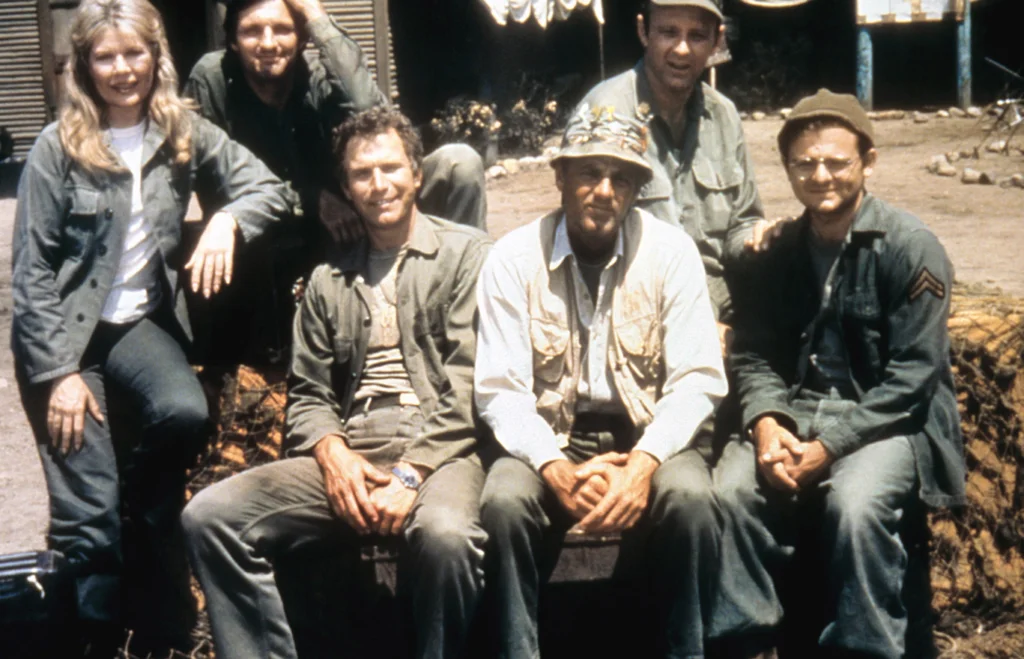
In 1969, M*A*S*H debuted as a comedy, but what made it stand out was its unique blend of humor and drama. Set during the Korean War, the show mixed lighthearted moments with poignant reflections on the horrors of war. This delicate balance of comedy and drama was unprecedented for its time, and it would go on to redefine TV storytelling.
The show’s legacy remains strong, as M*A*S*H is still revered for its ability to entertain while addressing serious social issues. It remains one of the most iconic shows of its era, and its ability to shift from pure comedy to poignant drama continues to be celebrated.
9. The Beverly Hillbillies Strikes Oil
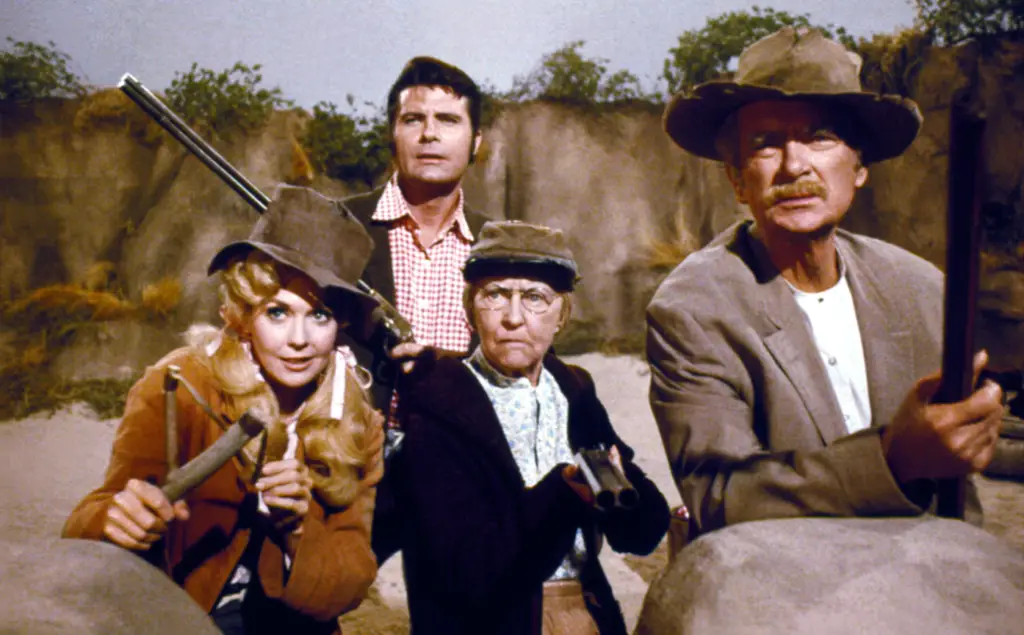
In 1962, The Beverly Hillbillies introduced the world to Jed Clampett and his family of oil-rich country folks. The show’s absurd premise of a family suddenly becoming millionaires after striking oil resonated with viewers and became an instant hit. The show’s portrayal of the transition from rural to urban life was humorous, but it also offered a critique of the cultural divide in America.
Even though it ended in 1971, the show’s blend of slapstick humor and cultural satire still gets talked about today. Its memorable moments and unforgettable characters continue to hold a special place in television history.
10. The Monkees Debut on TV
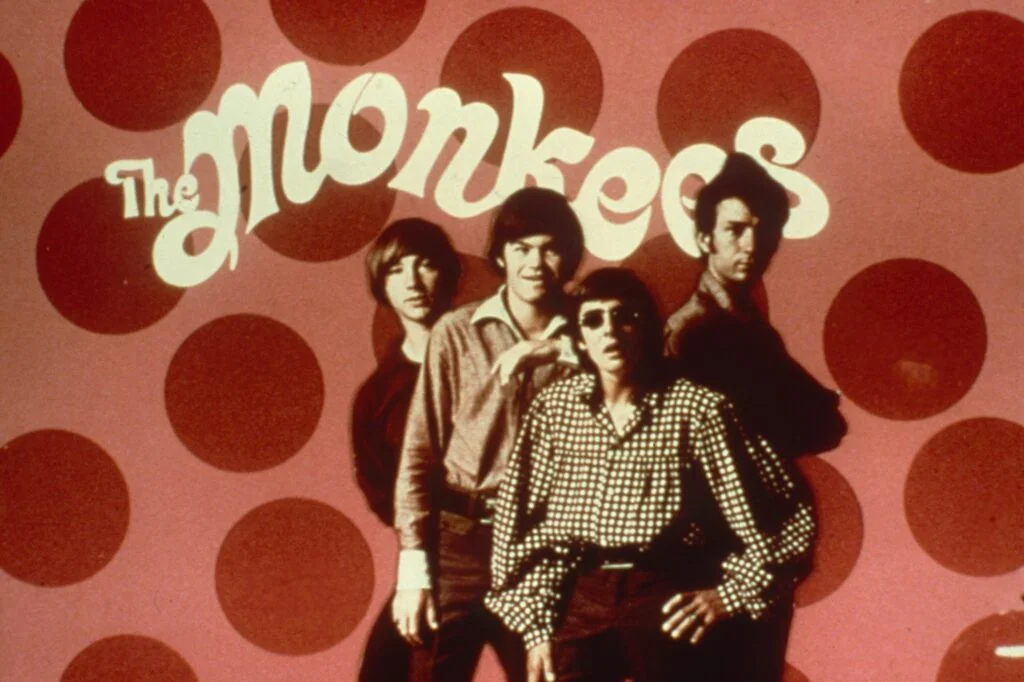
In 1966, The Monkees debuted their own TV show, quickly becoming a massive cultural phenomenon. The series, which followed the misadventures of a fictional pop band, was inspired by The Beatles’ movies and their energetic brand of comedy. With its infectious music, quirky humor, and catchy theme song, The Monkees captured the hearts of millions.
Though the show only lasted for two seasons, the band’s popularity endured for years. The show’s legacy is still remembered today, as it introduced a new wave of musical comedy and solidified the Monkees as pop culture icons.
11. The Death of The Twilight Zone’s Rod Serling
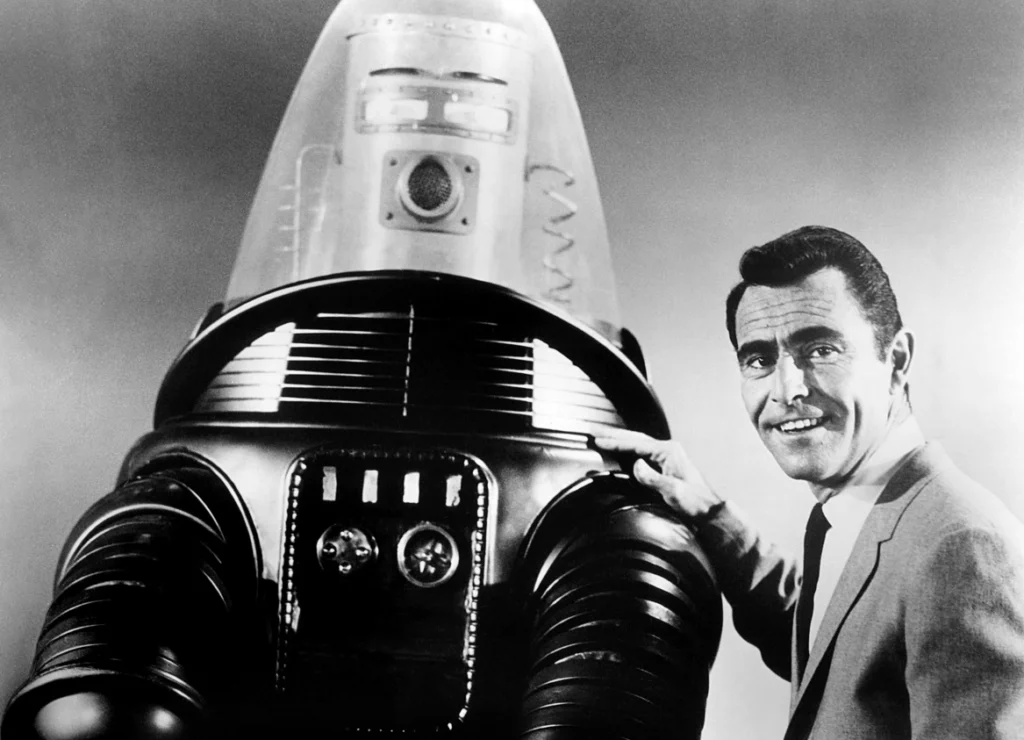
Rod Serling’s passing in 1975 marked the end of an era, but his influence, particularly through The Twilight Zone, still looms large in the TV world. Though he was primarily a writer, his work on The Twilight Zone left an indelible mark on the genre of television. Serling’s commentary on societal issues, often wrapped in fantastical storytelling, brought an intellectual depth to the medium.
His death sparked a flurry of tributes and a renewed interest in his groundbreaking work. People still reflect on how Serling changed the way audiences viewed television, making The Twilight Zone a timeless classic that is still discussed today.
12. Bonanza’s Emotional Farewell to Hoss Cartwright
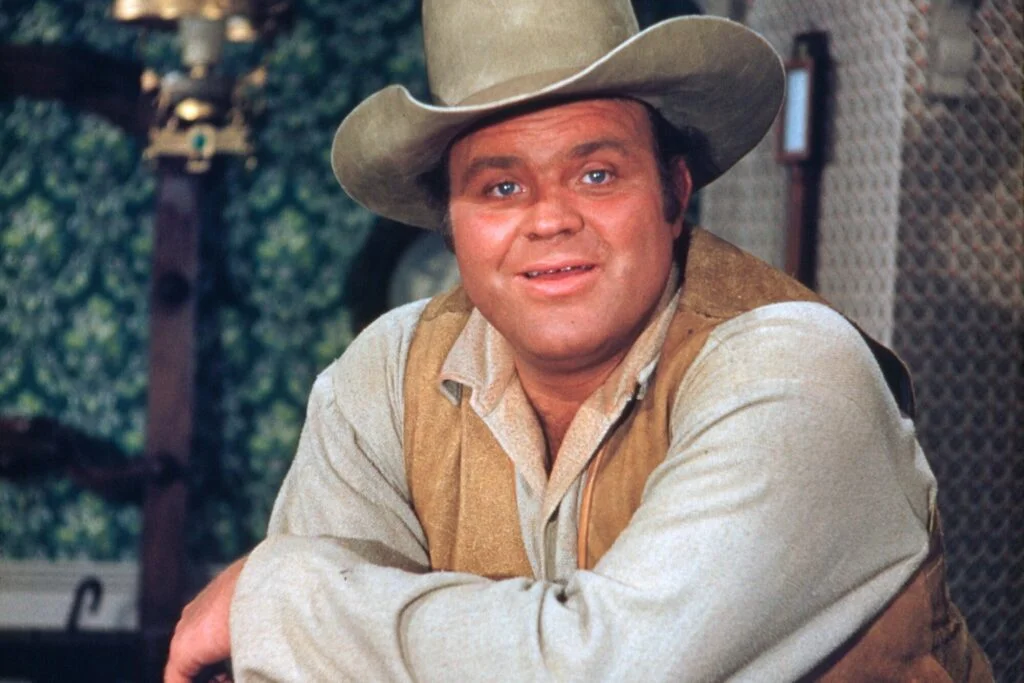
Hoss Cartwright’s (Dan Blocker) sudden departure from Bonanza in 1972 due to the actor’s tragic death shocked fans. The show had to continue without him, and it was a moment that left a void in the hearts of viewers. Hoss had been a fan favorite, beloved for his gentle nature and comic relief.
The decision to write Hoss out of the show was met with mixed reactions, and it’s still a topic of conversation among Bonanza fans. Many still consider his death and absence one of the most emotional moments in TV history.
13. The Dick Van Dyke Show’s I Love Lucy Tribute
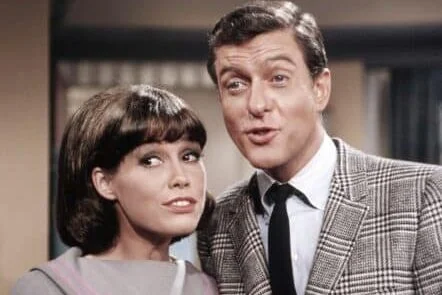
In 1961, The Dick Van Dyke Show paid a heartwarming tribute to the legendary I Love Lucy in an episode that had Mary Tyler Moore’s character, Laura, imagining herself as Lucy Ricardo. The episode captured the magic of the classic sitcom while honoring its profound impact on television. It was an example of the respect that shows of the era had for each other, even rival programs.
This tribute not only delighted fans of I Love Lucy but also demonstrated how interconnected TV shows were in the 1960s. Even today, people continue to reminisce about this beautiful nod to a TV icon.
14. The Shocking Ending of The Prisoner
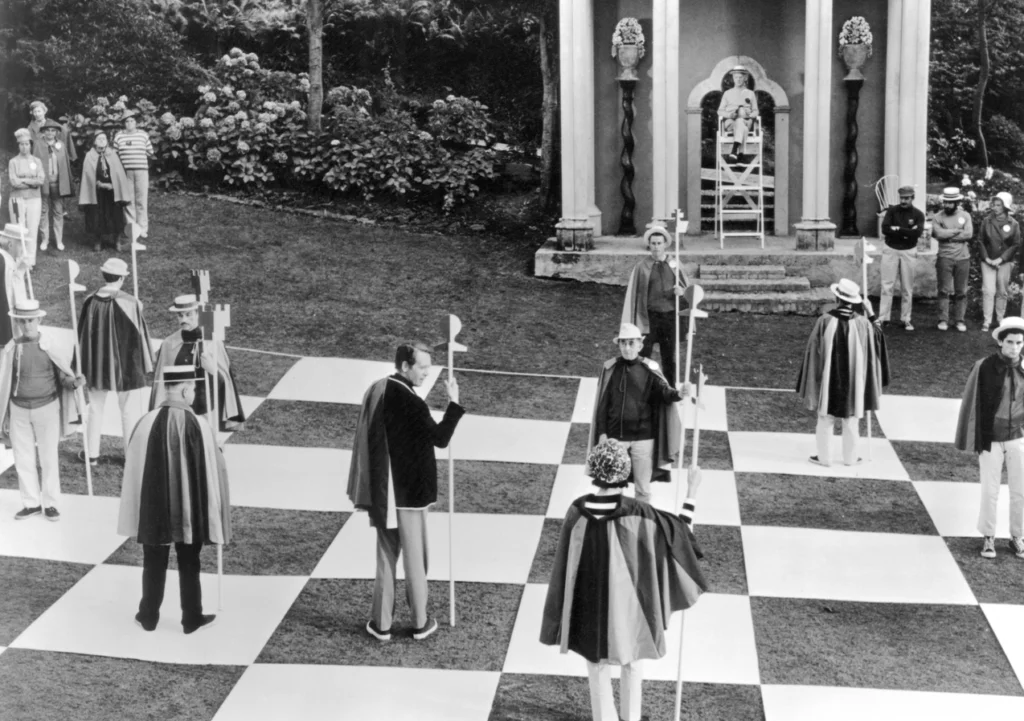
The Prisoner’s finale in 1968 remains one of the most bizarre and unsettling TV moments from the ’60s. The show’s protagonist, Number Six, finds himself in a surreal and disorienting conclusion that has left viewers scratching their heads for decades. The ambiguity of the final episode sparked endless debates and theories about its meaning.
Even though the series ended over 50 years ago, The Prisoner still inspires conversation. Its cryptic ending has made it a cult classic, with fans and critics still analyzing the series long after it aired.


